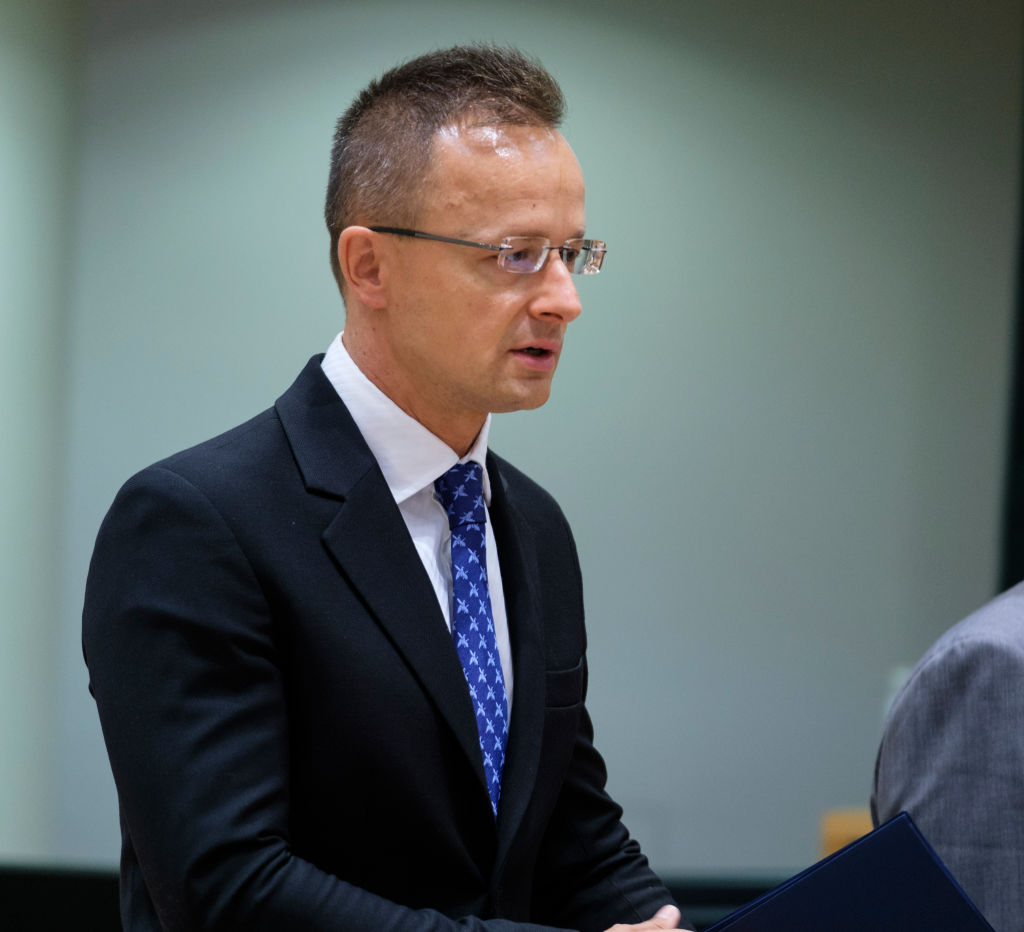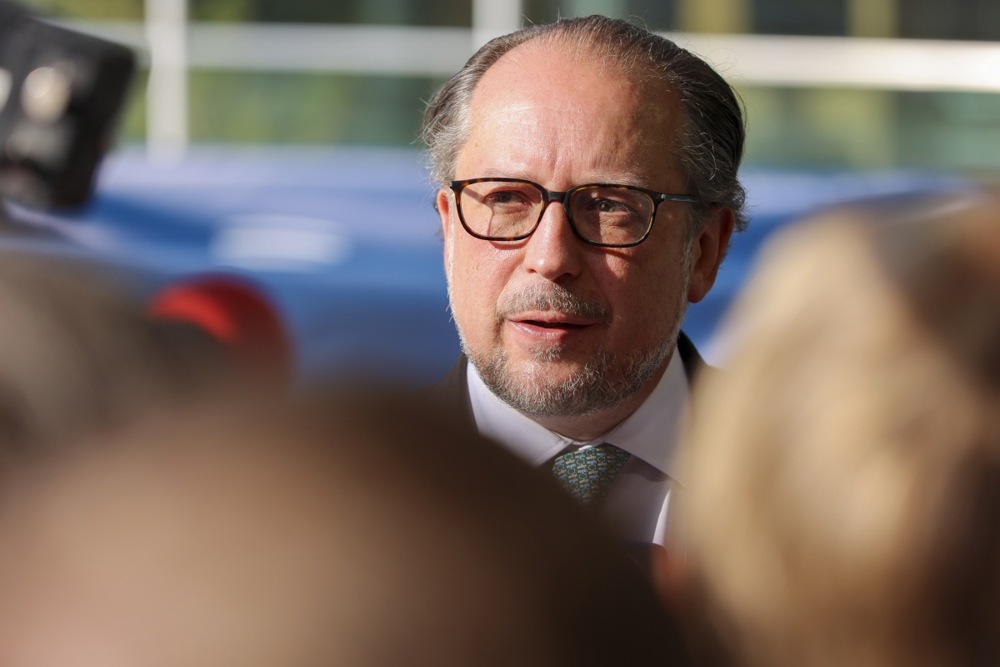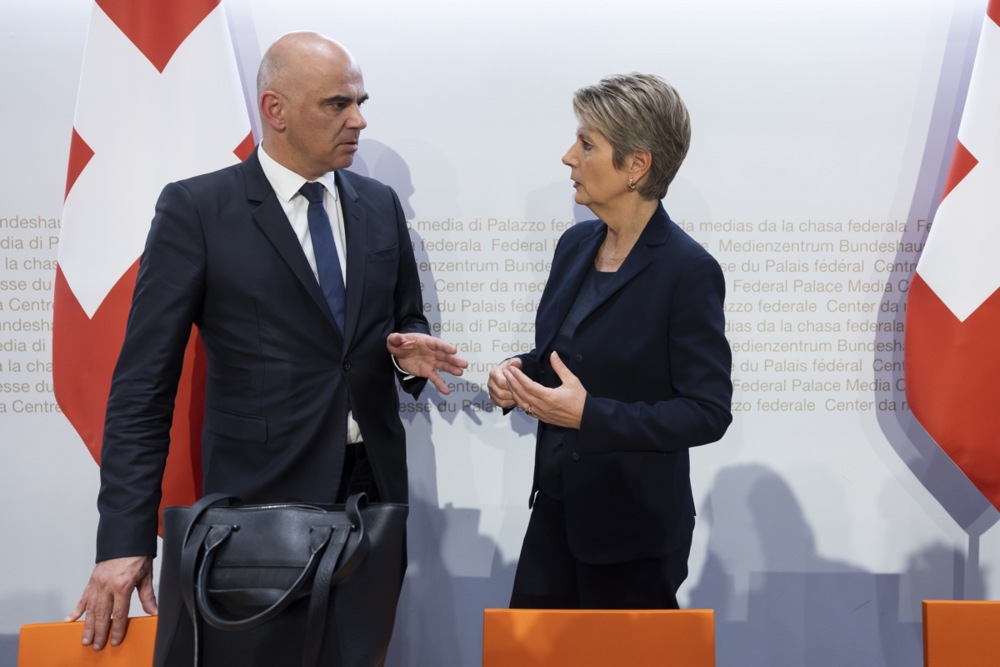European Union countries have increased imports of liquefied natural gas (LNG) from Russia by almost half compared to the same period in 2021, according to environmental NGO Global Witness.
Spain and Belgium are now the second and third-largest buyers of Russian LNG worldwide and only China buys more, it said.
During the first seven months of 2023, EU nations are believed to have invested approximately €5.3 billion in purchasing more than 50 per cent of Russia’s available LNG, Global Witness reports.
Between January and July 2023, EU countries bought 22 million cubic metres of LNG compared with 15 million cubic metres during the same period in 2021 – a jump of around 40 per cent.
By contrast, the global average increase in Russian LNG purchases was just 6 per cent.
“EU countries now buy the majority of Russia’s supply, propping up one of the Kremlin’s most important sources of revenue,” Global Witness stated.
“Between January and July 2023, the EU bought 52 per cent of Russia’s exports, compared to 49 per cent in 2022 and 39 per cent in 2021.”
The European demand for Russian LNG has come about despite European Commissioner for Energy Kadri Simson having urged Member States and EU companies in March 2023 to stop buying Russian LNG. EU countries even agreed to seek a legal option to stop Russian companies from sending LNG to EU nations but the reality turned out to be quite different.
At a midday briefing on August 31, Tim McPhie, spokesman for the European Commission responsible for climate action and energy, told journalists that regarding Russian energy “it’s not business as usual”. He insisted there was an ongoing “major overhaul” in the “energy relationship” with Russia since it started the war in Ukraine.
McPhie pointed out that the EU no longer imports Russian coal and has reduced oil imports by around 90 per cent, claiming that “we cut total gas imports by around two-thirds”, and that this has major implications for the Russian budget.
The recent rise in LNG imports, he insisted, was “relatively small”, adding that the EC is working at a “total phasing out of Russian fossil fuels” and that there was “progress” under the leadership of Simson. He said individual Member States can also work towards ending their procurement of Russian energy.
Global Witness noted that during the first seven months of 2023, Spain took 18 per cent of Russia’s total sales, while Belgium took 17 per cent. China bought 20 per cent. During the same period in 2021, Spain ranked 5th and Belgium 7th in the list of Russian gas importers.
Spain and Belgium rank higher now due to their harbours being central hubs for gas deliveries. From these LNG is distributed across Europe, making the issue a Europe-wide one.
LNG distribution is part of long-term agreements from before the Ukraine war and will extend far into the next decade. That means it is an issue that could be addressed within a possible packet of sanctions but EU spokespeople did not want to elaborate, merely saying such suggestions were something “for a next round of sanctions”.
Jonathan Noronha-Gant, senior fossil-fuel campaigner at Global Witness, said: “Buying Russian gas has the same impact as buying Russian oil. Both fund the war in Ukraine, and every euro means more bloodshed.
“While European countries decry the war, they‘re putting money into [Russian President Vladimir] Putin’s pockets. These countries should align their actions with their words by banning the trade of Russian LNG that is fuelling both the war and the climate crisis.”
Indian news outlet WION slammed the EU for what it aid was the bloc’s “hypocrisy”, as the EU often pressures other countries rebuff Russia but is apparently unable to do so itself.
Study reveals Europe's hypocrisy on LNG purchase from Russia
EU bought 52% of Russia's LNG exports in 2023@SaroyaHem tells you more
Watch more: https://t.co/wojetdIEnk pic.twitter.com/JrHrT1lBKq
— WION (@WIONews) August 31, 2023





